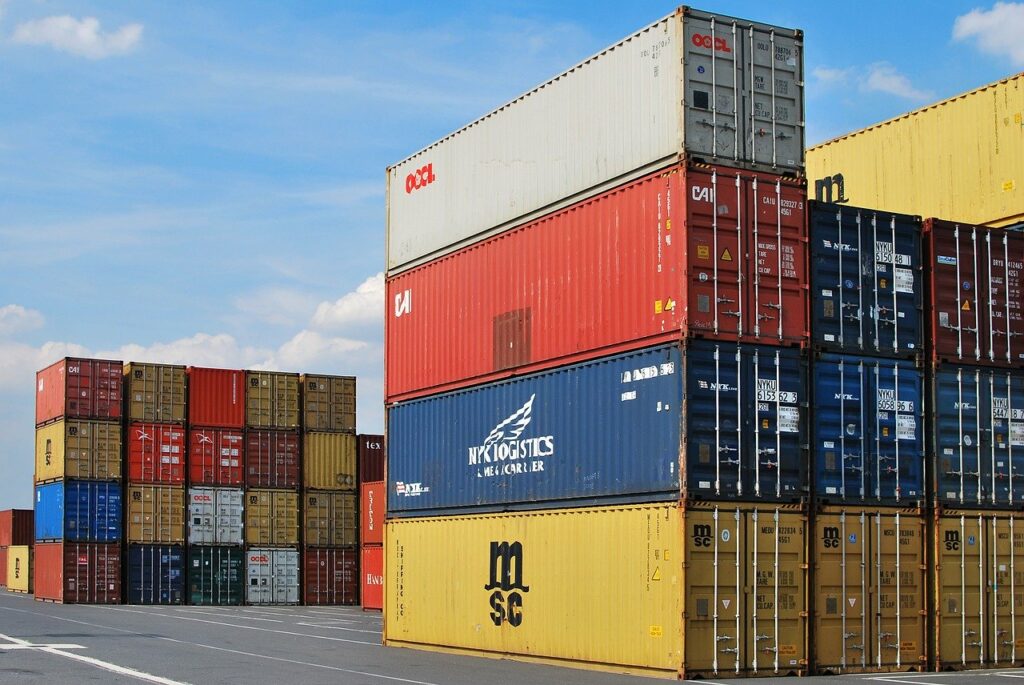

Bilateral, regional and global trade agreements are all part of the modern landscape of international economic relationships. They are based upon a simple premise, that free trade is a good thing. At the purely theoretical level this is a tautology. No-one will freely agree to trade unless it is in their self-interest to do so. But that is not what “free trade” actually means. Free trade in practical political economy terms (and is there any other?) means a “free-trade-off” between access to important markets in exchange for concessions to foreign companies. Put (very) simply, this means the OECD countries have clout and the rest don’t. And it gets slightly more complex than that. If you are a powerful lobby group in an OECD economy you can hope to bolt on to your negotiators’ position additional demands for concessions. The most significant of these have been IPR commitments. OECD-based companies have lots of IPRs, most of which do not reward original creation or innovation but reward monopoly rent-seeking and have as much direct relationship to free trade issues as climate change or research in genetic engineering. Inevitably, this has caused some push-back, most notably in the area of pharmaceuticals.
But “free trade” is good for you. And in essence it is. A host of protectionism measures, either tariff barriers or non-tariff barriers to trade (NTBT) are less the result of genuine debates in political economy and more to do with lobby groups wanting their local equivalent of monopoly rents. An example of a political economy argument would be: open your economy to the free flow of capital and you lose all hope of autonomy in national economic policy. For free port economies such as Hong Kong and Singapore the advantages are a no-brainer, but for most emerging economies they are a non-starter. The competitive advantage required to survive economically in the global economy requires a lot of in-country sustainable investment, starting with hard infrastructure (roads, telecoms, airports, banks, etc.) accompanied by soft infrastructure (rule of law, transparency, accountability, etc.) The former is difficult, the latter even more so.
Given that all states are encumbered by lobby interests (forget the “North-South” divide) the real issue is whether FDI from the North to the South has a development effect. If it does, a “free-trade-off” is a deal most emerging economies will go for. From the 1950s to the 1990s many ideologues of the Left saw only neo-colonialism and economic “dependency” while many ideologues of the Right saw only mutual benefits. The more hard-headed of the Right argued that more liberalization of emerging economies would release local capital and entrepreneurship. On the Left were those who argued for more state-directed industrial policy. Given this fraught policy history there are two questions worth asking. First, are free trade and industrial policy incompatible? Second, how are the parameters that determine the impact of FDI changing?
The short answer to the first is clearly not. The Internet, the fleet of Boeing jet airlines and the iPhone were all the products of US industrial policy, yet brilliantly exploited by the private sector – see Mazzucato, Mariana (2011) The Entrepreneurial State. China and maybe India will get there too, eventually. Most emerging economies however will not. They just do not have the resources to pursue an effective industrial policy. The answer to the second is equally important. As technology paradigms shift the international division of labour takes on the significance of tectonic plates. For example, why should an IT company locate a manufacturing plant overseas if they can simply set up a local 3D printing subsidiary and serve markets worldwide “on-demand”. Why should any company invest in oil extraction or shale-fracking if nuclear fusion becomes a reality (see https://www.bbc.co.uk/news/science-environment-24429621). As technology paradigms shift so fast there are simply no guarantees that FDI today will be FDI tomorrow. So what do emerging economies do? Keep their options open seems to be the only sensible answer.